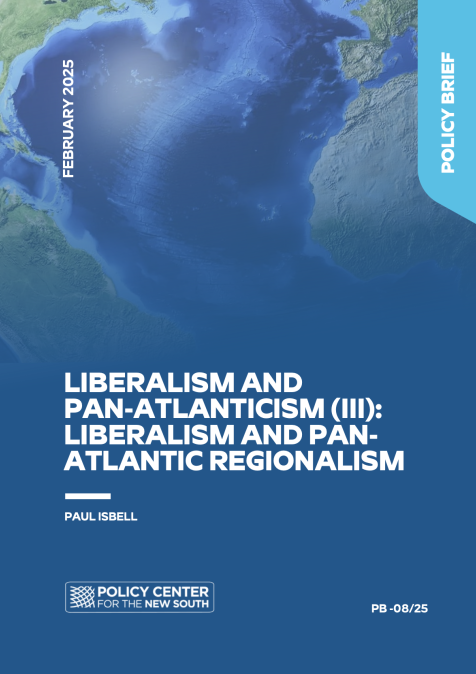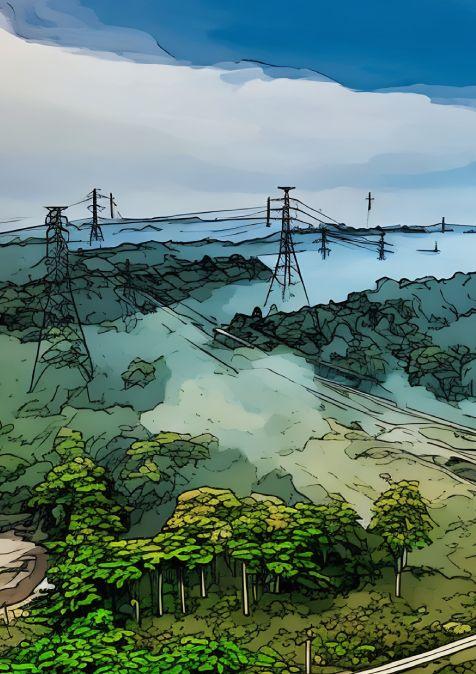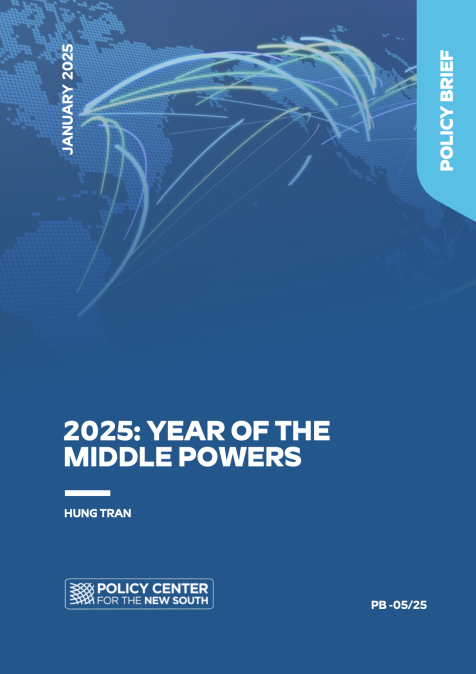Chair: Kalpana Kochhar, Director, Development Policy and Finance, Bill and Melinda Gates Foundation
Speakers:
Karim El Aynaoui, Executive President, Policy Center for the New South (PCNS)
Hanan Morsy, Deputy Executive Secretary and Chief Economist, United Nations Economic Commission for Africa (UNECA)
Papa Amadou Sarr, Executive Director, Mobilisation Partnerships and Communication, Agence Française de Développement
Daouda Sembene, CEO, Africa Catalyst
Joseph E. Stiglitz, Professor of Economics, Columbia University









